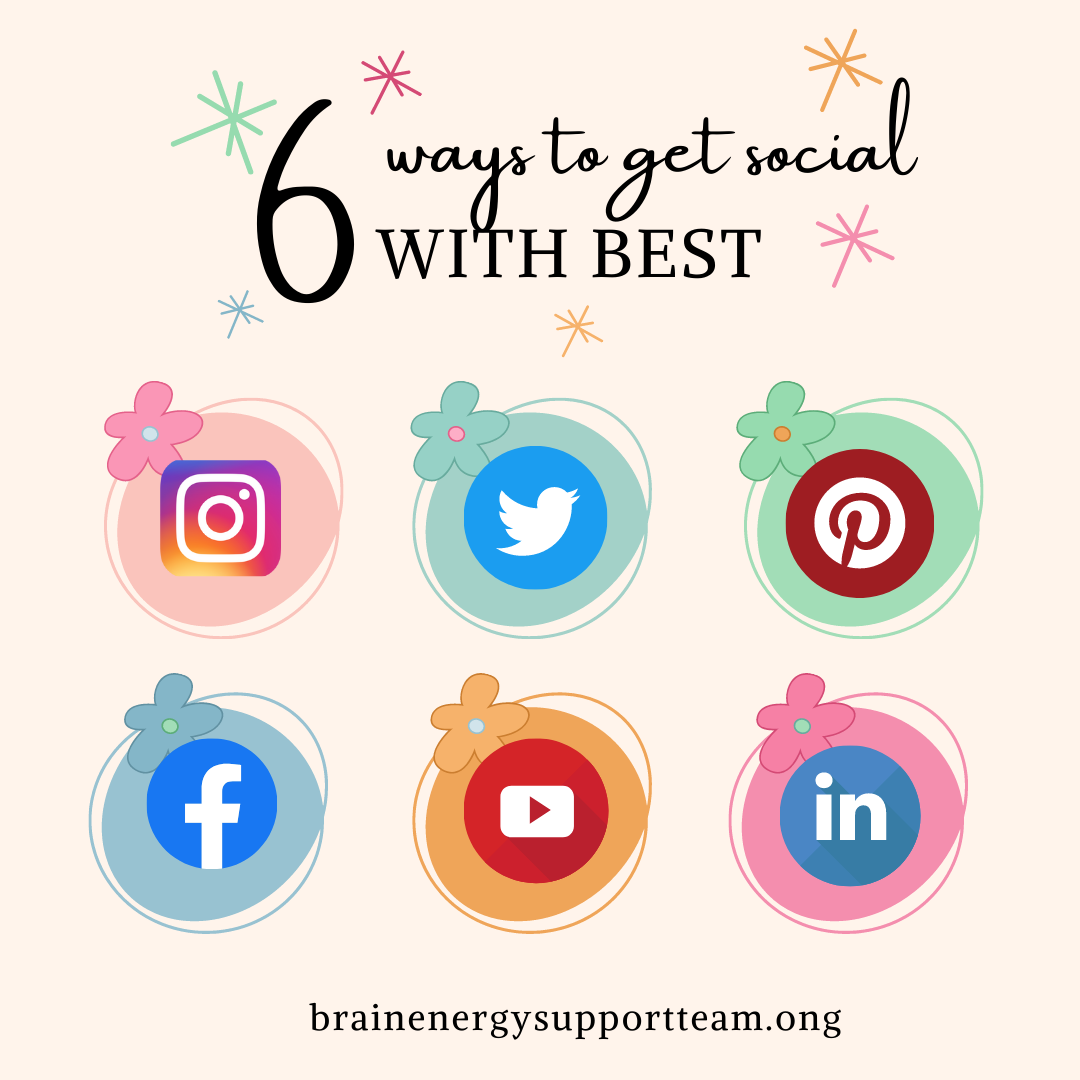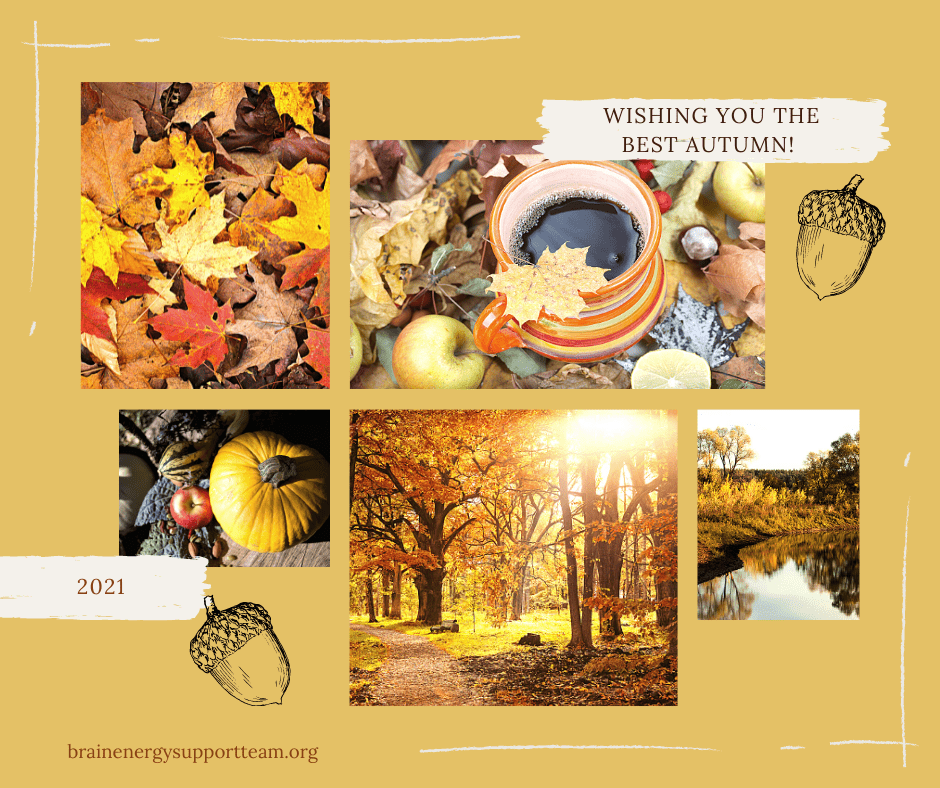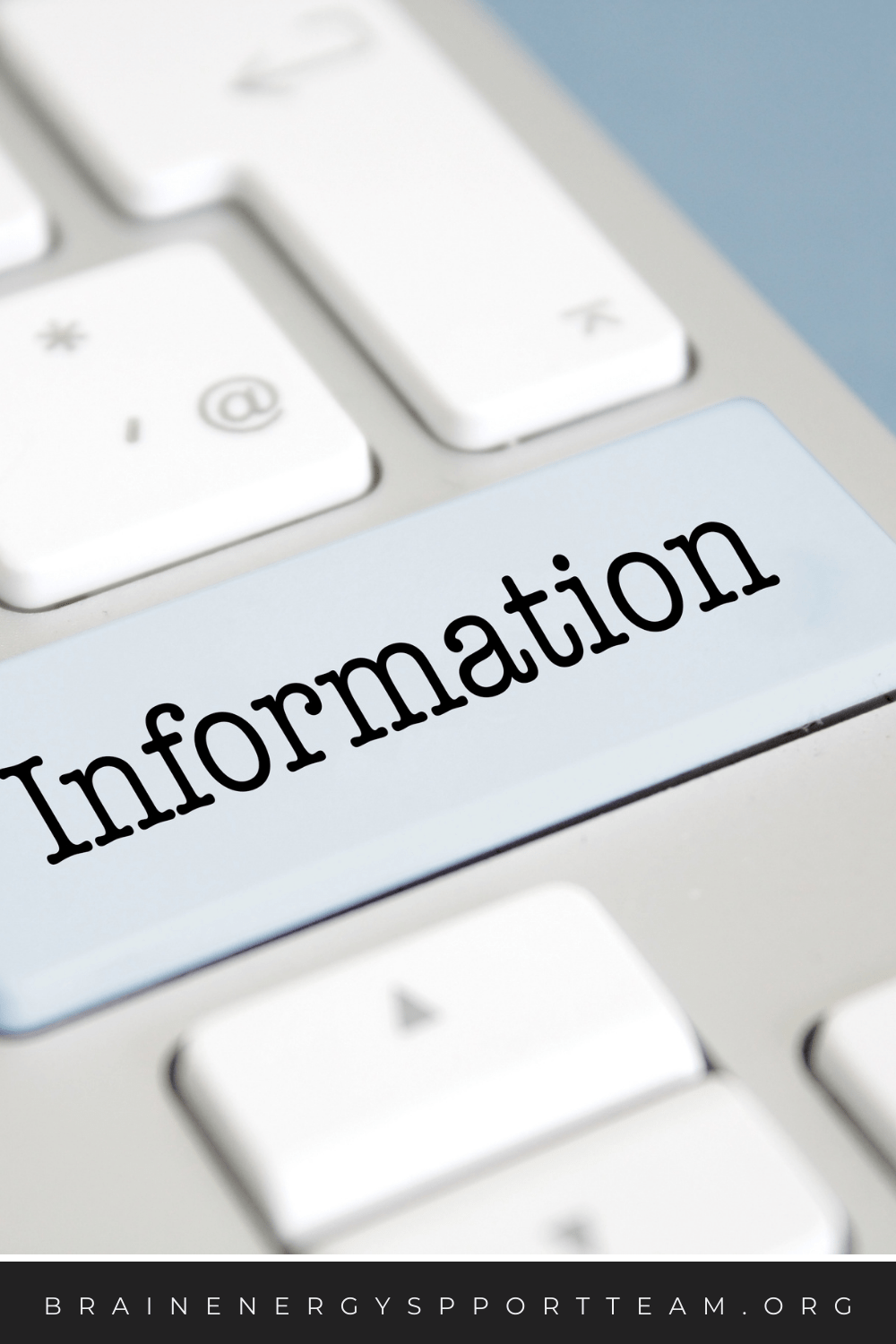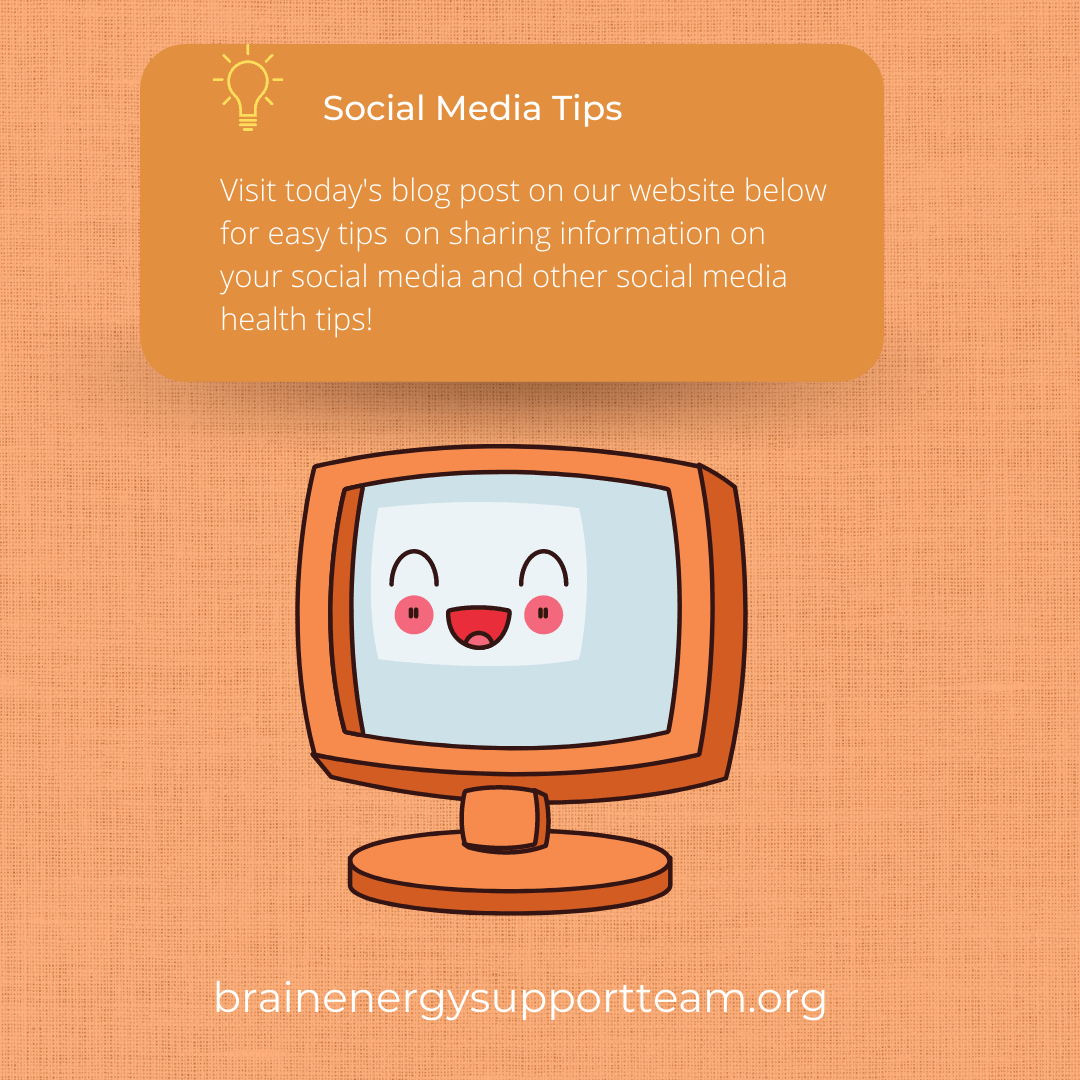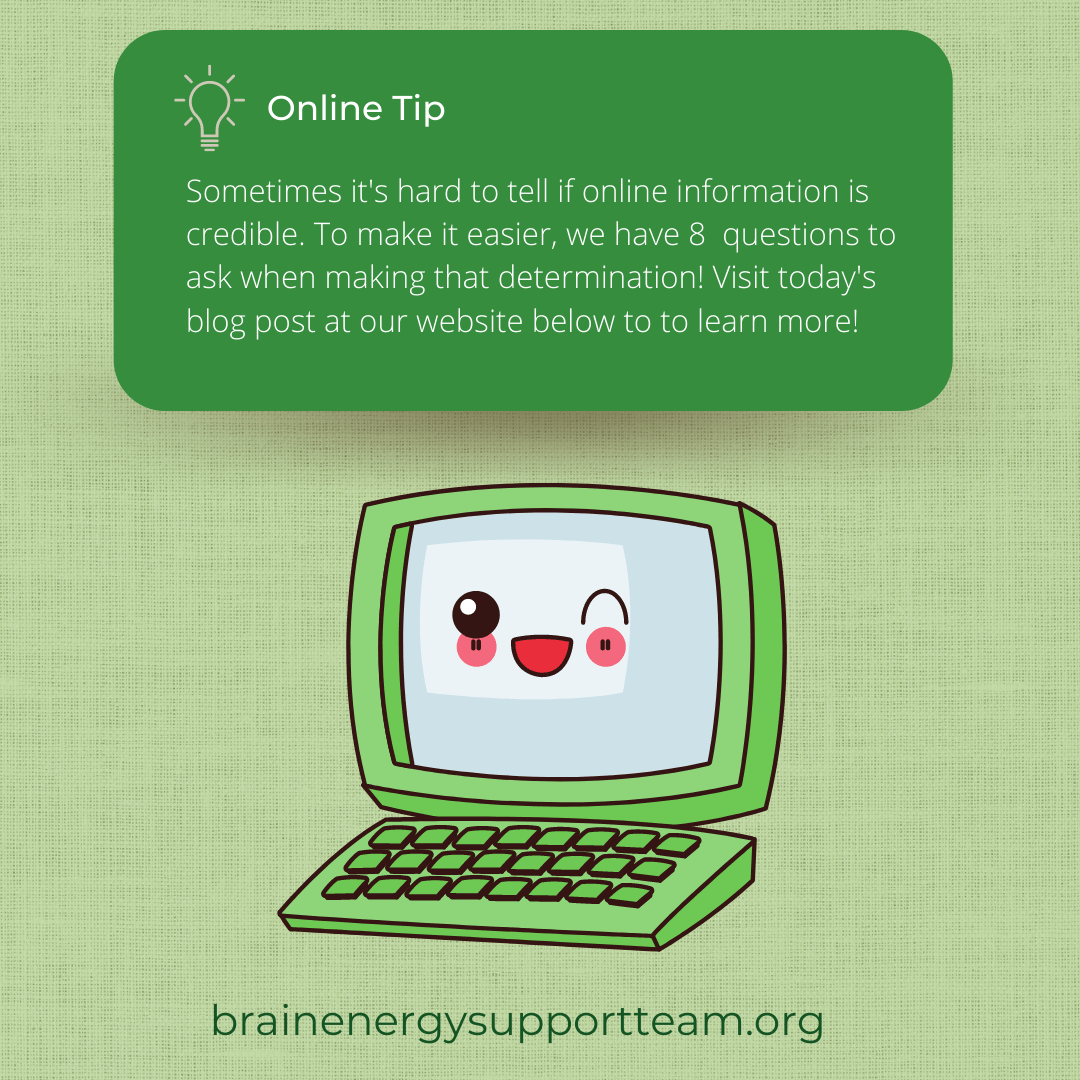Our social media news feeds are designed to be a source of news, information, entertainment and other thoughts and ideas.
Many people share website links or infographics on a variety of topics on their personal social media pages to inform others and engage in conversation.
Add to the mix of content, the speed and the high volume of online shares, our news feeds can be overwhelming and confusing at times.
When online resources are shared, this can add even more challenges. It’s not always easy to tell what links and news sources are reliable and sound.
Here’s a simple guide that can help you feel more comfortable in determining reliable information sources.
Let’s get started.
Here are some things to consider and questions to ask yourself when looking at information online.
- In a website URL, how the website ends can give you clues where the information is coming from. Educational resources end in .edu. Websites with some sort of commercial association end in .com. Government-affiliated websites end in .gov. Advocacy or non-profit organizations end in .org.
- How does the website look and feel? Does it look professional to you?
- Is there an About Us page, or a way to contact the author or organization if you have questions or concerns about the information they are sharing?
- Are there links to other sources on the page, and are they trustworthy?
- Can the information you found be verified elsewhere?
- Does the website have a lot of advertisements or sponsored content? This can give clues that the information may be influenced.
- Is the information up-to-date and current?
- Is it information written by a trustworthy author or organization?
Now you have some tools to think about what a reliable source looks like!
The next thing to consider: to share or not to share?
Find the answer to that question below.
